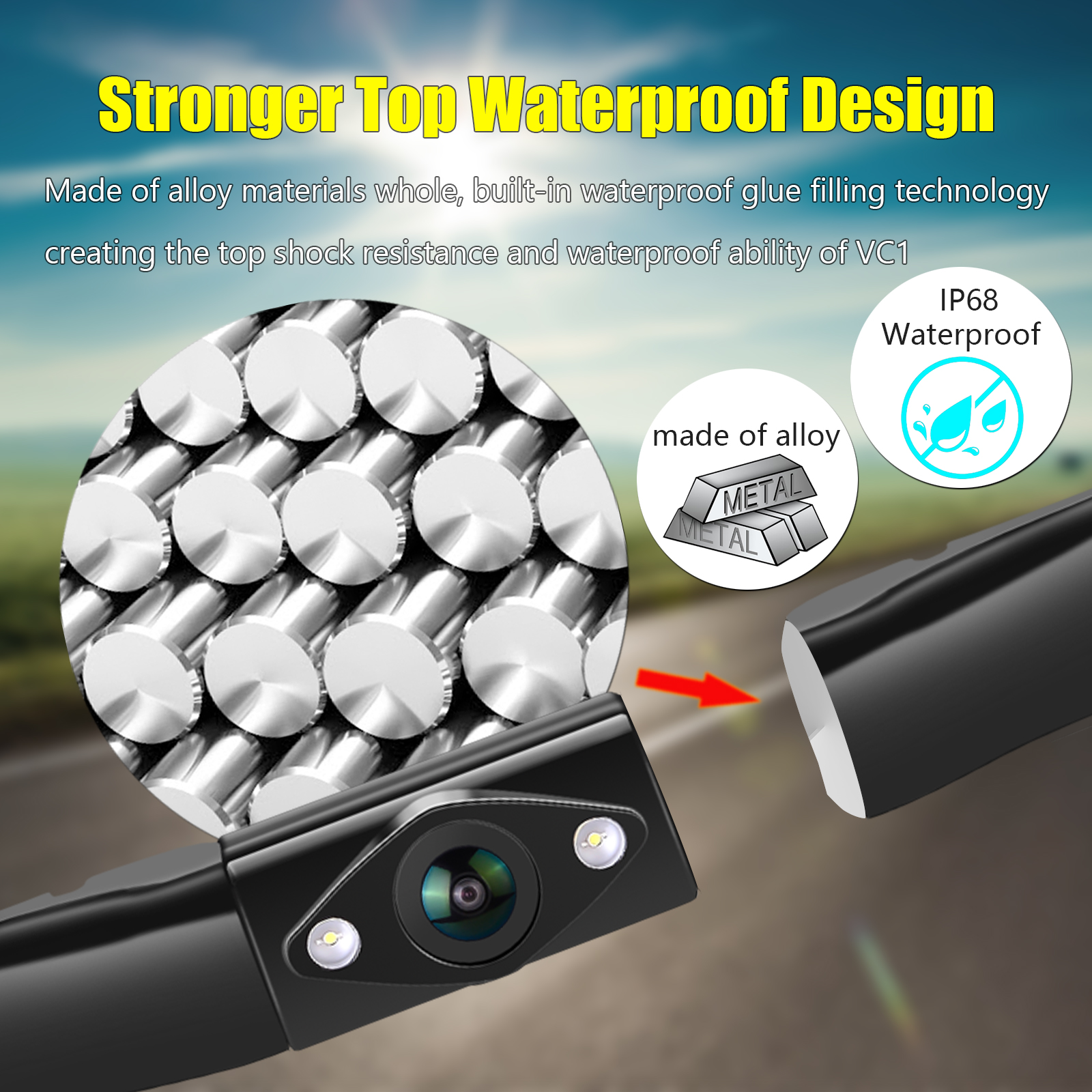Why Don't Backup Cameras Record Accidents?
A common question that many people have about their backup camera is one that seems pretty intuitive: If someone rear ends me, does my backup camera record accidents? The short answer to this question is no--but that’s an easily available answer, and doesn’t give you much information about why, how, or what you can do to protect yourself financial in the event of a crash where you are at fault. It seems like it’d be really great to have a video “black box” that could provide definitive information in the event of a crash. We’ll take you through several different possibilities for understanding why backup cameras don’t record, as well as options you can pursue or educate yourself on going forward.
Why they don’t record
Backup cameras don’t record for two primary reasons. One is that these cameras are only powered on when your car goes in reverse to save battery power. A camera that is running constantly is another drain on your car’s power systems and requires careful engineering to run properly. Additionally, cameras are fragile and easily damaged, and backup cameras are positioned on the rear of your vehicle, usually near your license plate or nearby, a common area for a rear end collision.In order to improve backup camera quality, our VECLESUS VC1 License Plate Backup Camera shell is is made of corrosion-resistant alloy. Solid and durable, not easy to rust. Internal glue-filled technology allows it to achieve IP68 waterproof rating, and will work perfect even after washed by high-pressure water gun.
Second is the need for a storage solution. One common fix in this situation is for the camera or recording device to record for a period of time until the storage capacity of the device is full, and then the data is erased and a new period of recording begins. This process can be time consuming as well as energy consuming.

